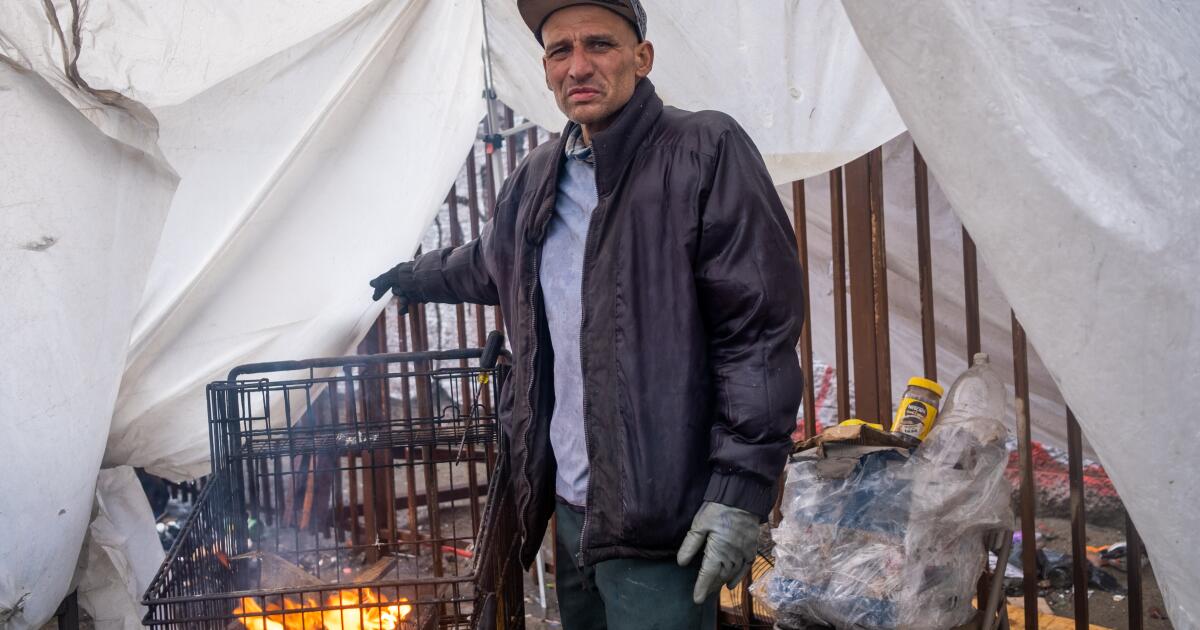- cross-posted to:
- [email protected]
- cross-posted to:
- [email protected]
If 100 homeless people were given $750 per month for a year, no questions asked, what would they spend it on?
That question was at the core of a controlled study conducted by a San Francisco-based nonprofit and the USC Suzanne Dworak-Peck School of Social Work.
The results were so promising that the researchers decided to publish results after only six months. The answer: food, 36.6%; housing, 19.5%; transportation, 12.7%; clothing, 11.5%; and healthcare, 6.2%, leaving only 13.6% uncategorized.
Those who got the stipend were less likely to be unsheltered after six months and able to meet more of their basic needs than a control group that got no money, and half as likely as the control group to have an episode of being unsheltered.



Everyone gets x amount. As you go up in tax brackets y amount is subtracted at tax time until you get high enough that the entirety of x is reclaimed. For this there are several programs we can completely shut down and the same funding would provide anywhere from 500-1500 dollars a month. (Depending on whose math you believe).
everything you’re saying here and in the replies makes perfect sense and is very clear. unfortunately, it looks like you’re arguing with someone who isn’t willing to listen to reason
To be honest, that’s the point. They might not listen to reason but it’s pretty obvious to any one else stopping by.
That sounds like means-tested welfare programs, which we already have. UBI by definition is unconditional.
In other words, you’re talking about “BI” but I’m asking about “U”.